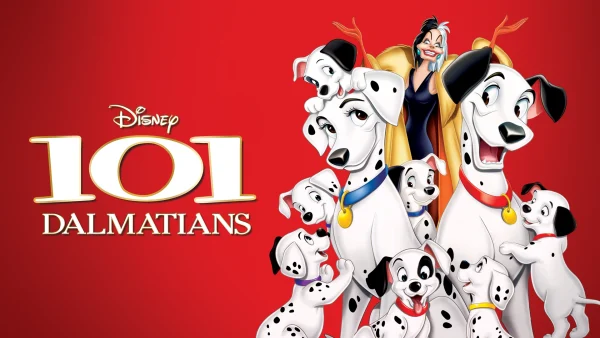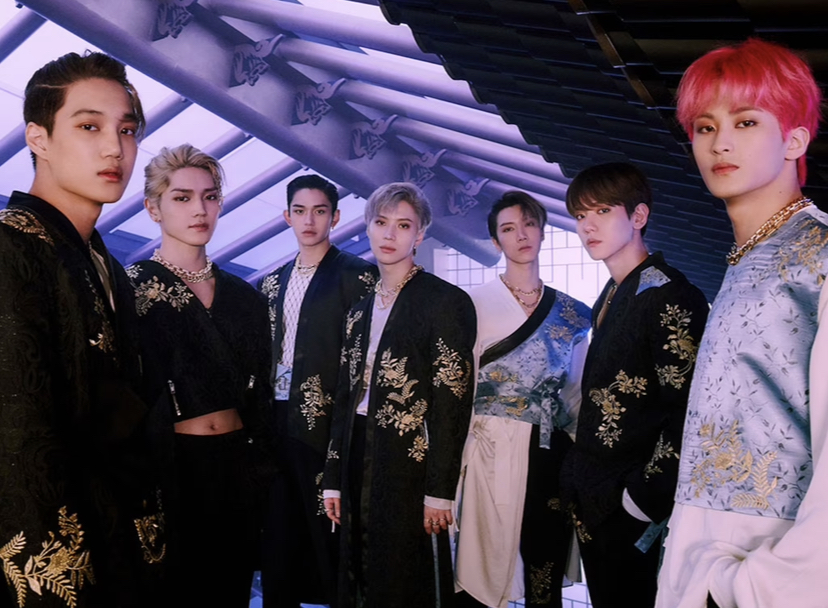A Toxic Fandom
How negative behaviors of K-Pop fans affect the idols they support
Boy band SuperM poses for the camera as a group. They had allegedly had their billboard debut tactics stolen by Stray Kids. Photo by SM Entertainment
When you hear someone bring up K-Pop, what is the first thing you think of? While this genre of music is rising in ways never seen before, it is also receiving more and more criticism and hate. In fact, K-Pop is in the top 5 most hated music genres according to musicianwave.com. But why is this? It mostly boils down to the general fandom of this genre, which seems to have turned against the very people they claim to be supporting.
K-Pop (also known as Korean Pop) is a genre of music that has its origins in South Korea. With hints of English mixed in with its mostly Korean lyrics, it is influenced by other genres such as pop, hip-hop, rock, dance, etc. Releases typically come with concepts — or aesthetics — that are used as inspiration.
Scandals are one issue involving artists in the K-Pop industry that are constantly brought up among the general fandom. Unfortunately, some idols’ pasts are mentioned — going as far back as middle school. In

2021, vocalist Seo Soo-jin was removed from girl group (G) I-DLE after allegations of bullying and smoking during her time in middle school were brought to light. As per usual, this brought about a lot of harsh criticism from netizens (those who essentially “live” on the internet). This is not unusual; anytime someone in this particular industry is questioned on/accused of something, netizens are quick to jump on it — even before any allegations are confirmed. Rapper Hwang Hyun-jin of Stray Kids was accused of similar conduct by two unnamed netizens. Although a former teacher and classmate of his had come to his defense and shut down the comments, it did not stop others from criticizing him. He has been called “shameless” for not leaving the group. One netizen even suggested that he be removed from the group by their label’s executives, posting:
“Why can’t they lose Hyunjin? Even though Soojin left the group, (G) I-DLE is still doing well.”
Speaking of Stray Kids, they had been under fire in the past for alleged chart manipulation and copying another group’s billboard debut tactics. Other groups have gotten into trouble regarding cultural appropriation, outfits that are deemed as “too revealing,” among other issues.
Fandoms of groups and soloists have even gotten into fights, not only with other fandoms, but with those within their own. Of course, fandoms will always fight with other fandoms. BLINKs (stans of BLACKPINK) and ARMY (stans of BTS) are two of the most notable for such fights. Ironically, many arguments occur because one believes they are less toxic than the other. What better way to settle such a conflict than by being toxic yourself?
In addition to these problems, idols have been body-shamed, accused of issues surrounding cultural appropriation, and some considered not to be a member of their own group or receiving a major lack of attention. BLACKPINK vocalist Kim Ji-soo’s unfair treatment by BLINKs is a good example of this.
The general K-Pop fandom is very toxic. But the question here is, are you really a “fan” of something or someone if you constantly get on to them about the smallest things — even if they happened 10-15 years ago?
Your donation will support the student journalists of Francis Howell Central High School. Your contribution will allow us to purchase equipment and cover our annual website hosting costs. FHCToday.com and our subsequent publications are dedicated to the students by the students. We hope you consider donating to allow us to continue our mission of a connected and well-informed student body.






